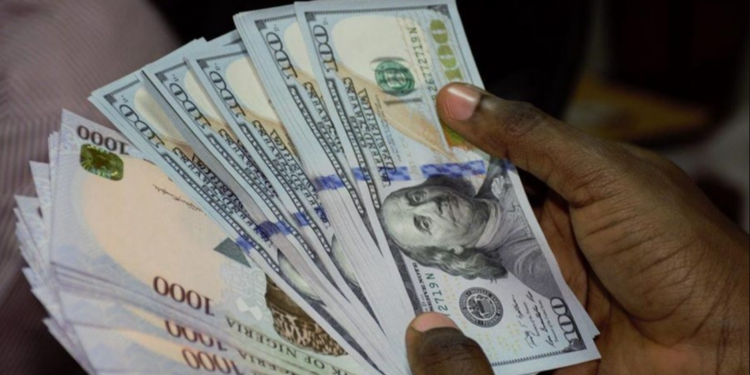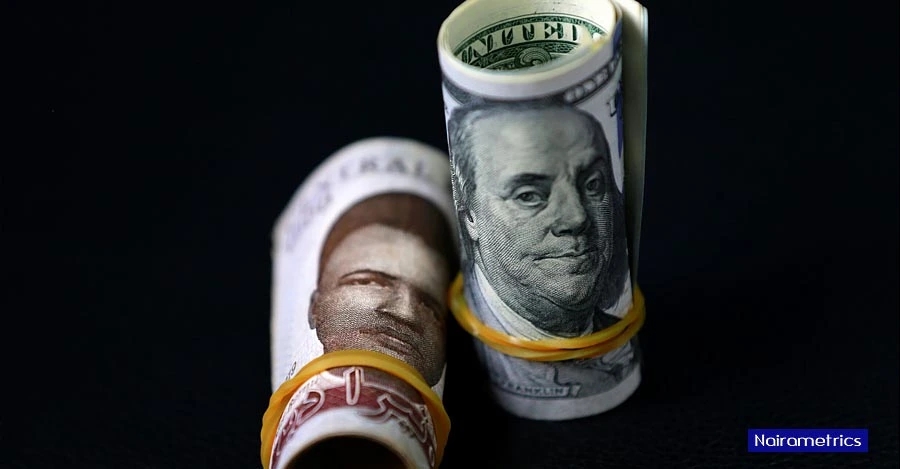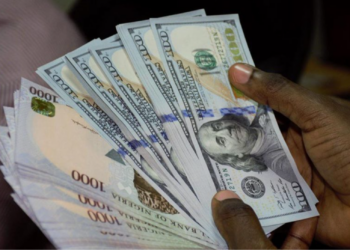Amidst exchange rate unification, major consumer goods companies, FMCGs, have reported significant net foreign exchange losses.
This situation has impacted significantly their bottom-line performance as reflected in the loss before tax recorded by these major companies.
Each economic policy carries both positive and negative consequences.
The core challenge of policy development and execution lies in effectively managing and implementing measures to mitigate likely drawbacks while taking in the benefits.
Against this backdrop, the recent decision by the Federal Government to consolidate the naira’s exchange rates into a single window has brought to light potential pitfalls in net foreign exchange losses.
This largely is the driving force behind substantial pre-tax losses.
Data collected from 10 leading consumer goods companies’ financials listed on the Nigerian Exchange Limited (NGX) indicates that net foreign exchange losses saw a significant increase, reaching about N400 billion as of the end of June 2022.
The 10 leading companies are BUA Foods, Dangote Sugar Refinery Plc, NASCON Allied Industries Plc, Unilever Nigeria Plc, Nestle Nigeria Plc, Cadbury Nigeria Plc, and PZ Cussons Nigeria Plc.
Others include Guinness Nigeria Plc, Nigerian Breweries Plc, and International Breweries Plc.
Except for BUA Foods, Unilever, and Nascon, the remaining companies reported foreign exchange losses. In a noteworthy contrast, Unilever reported N2.834 billion in foreign exchange gains.
Nestle Nigeria Plc led the net foreign exchange losses chart.
Driven by the Naira’s devaluation in Q2, the company embarked on the revaluation of its foreign currency obligations, leading to a substantial exchange loss of N123.79 billion in H1 2023.
This loss accounted for about 89.8% of the finance cost.
This substantial foreign exchange loss contributed largely to the pre-tax loss of about N69 billion recorded during the period.
Nestle Nigeria’s financial structure involves foreign currency-denominated intercompany loans, receivables, and payables, all of which were significantly impacted by the increase in the exchange rate, from N462/$ in 2022 to N765/$ at the close of the reporting period.
Following Nestle, Nigerian Breweries recorded about N85 billion in foreign exchange losses. In Q2 alone, Nigerian Breweries incurred a foreign exchange loss of N70.62 billion.
This influenced the finance cost growth and consequently contributed largely to the N67.6 billion pre-tax loss in H1.
Dangote Sugar Refinery, operating within the food product subsector, similarly recorded a significant figure in this regard.
The company recorded about N83.1 billion foreign exchange loss in the ordinary course of business. This represented a substantial year-on-year growth of about 1,587%.
Dangote Sugar Refinery had to revalue its Monetary Assets and liabilities for the Nigeria operation, based on the prevailing market rate of N756/$ as of June 30, 2023.
This resulted in a considerable revaluation loss of N68.7 billion for the Group.
This was on the back of Letters of Credit and foreign vendor balances, based on the prevailing market rate of N756/$ as of June 30, 2023. This resulted in a revaluation loss of N68.7 billion, which was included in the N83.1 billion foreign exchange loss.
Aside from Nigerian Breweries, other companies within the beverages and brewing sub-sector, namely Guinness and International Breweries, also recorded net foreign exchange losses.
Guinness Nigeria Plc’s reported an unrealized net foreign exchange loss of N45.95 billion in 2023 FY.
For International Breweries, it was a mixture of realized and unrealized foreign exchange gains and losses.
In Q2, the company reported an unrealized net foreign exchange loss of N41.89 billion. However, they also managed to realize a net exchange gain of N7.97 billion in the same period.
Consequently, this led to a net foreign exchange loss position of N36.59 billion during the first half of the year.
PZ Cussons, while also affected by foreign exchange losses, reported a loss of N4.954 billion.
However, unlike other companies, this loss did not result in a pre-tax loss as the company still recorded a pre-tax profit of N19.87 billion.
A common feature among the companies’ financials is revenue growth, with all of them reporting increased revenue.
However, except for BUA Foods, Nascon, Unilever, and PZ Cussons, the remaining companies reported pre-tax losses.
This highlights the significant impact of the Naira devaluation on the consumer goods sector.




















How does this end? I imagine the companies will simply pass on the prices to their customers eventually, not so? By the way, I wonder if we can actually describe the current exchange rate system as ‘unified’ when we have a thriving parallel market with significant gap to ‘official’ market price. All the CBN did was a devaluation of the naira, if you ask me